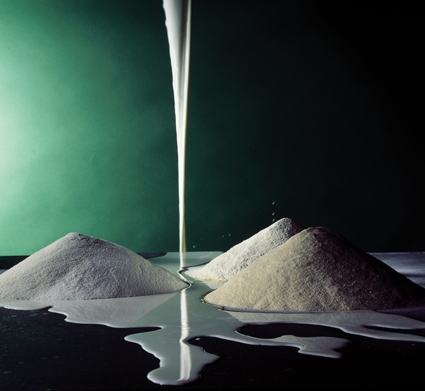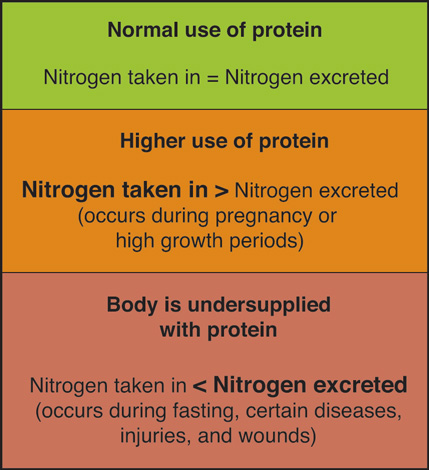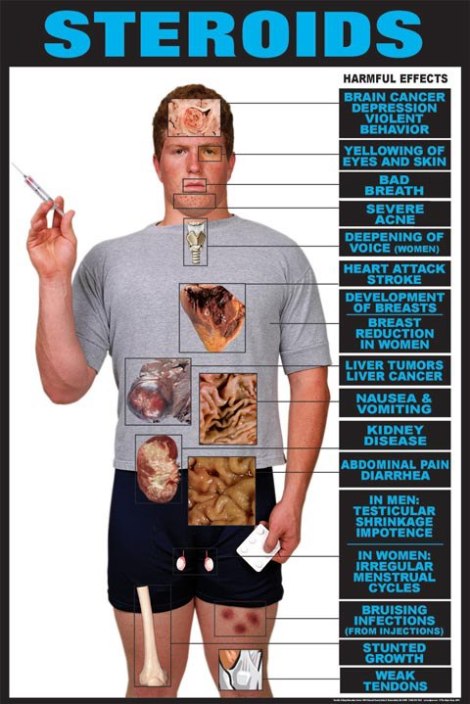Hey guys, we had a request to do a post about sweet potato and its uses and benefits. This family favourite root vegetable is known for its orange appearance and delicious flavour. It is sweeter than regular white potato with a fluffier, lighter and less dense texture. It is classified as a staple food in some cultures and has an impressive nutrient content. Sweet potato is rich in vitamin A, beta carotene and other traces of essential vitamins and minerals. It is a great food to add into your regular diet if you feel you are lacking in some antioxidants or variety.
It is commonly used in dinner meals to accompany meats or other vegetables. It is such a versatile ingredient though, that it can be used in almost anything. Some people have used it to make cocoa-based brownies richer and denser, and it can make a great batch of home-made oven baked fries. It can be boiled, steamed, roasted, and fried to create different textures to suit any meal. A common favourite is steaming it in thin layers and using it on salad wraps for lunch or dinner, or as layers in a vegetable lasagne. If you’re looking to change up your meals and get some colour on your plate, why not try some sweet potato.
Half a medium sized sweet potato or approximately 75g is classified as one serve of vegetables. Add this serve into your diet to count towards your daily goal of five serves per day! While both sweet potato and white potato are classified as high GI and GL foods, they should not be excluded from the diet as they contain great nutrients when eaten close to their natural state as possible (when cooked).
For those who are athletes, or interested in sports and exercise, sweet potato can be used as a great carbohydrate source pre- or post-training. Some athletes eat it steamed or boiled to accompany their meals during training. If you haven’t already tried sweet potato, give it a go! Let us know what other blog posts you want to see on our page and remember to recommend us to your friends.
Mission Nutrition 🙂









